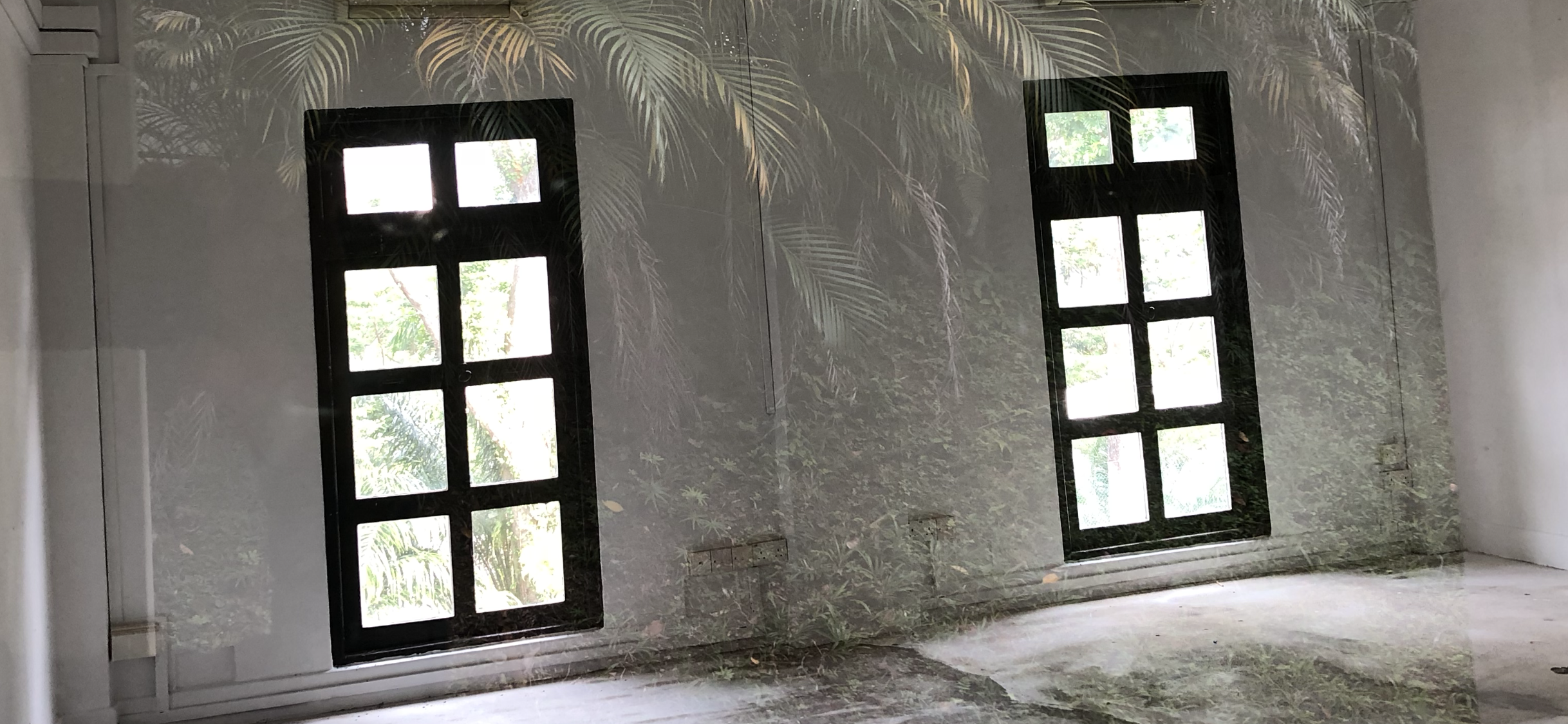I've been asked countless times in instances when I give lectures, talks, trainings, and the like about whether psychoanalysis is past its time. I get the curious ones, I get the skeptics, and I get the ones that wave the lack of research wand in my face. Everyone has their place and made valid points, but no one's responding in kind. I think there might be a lot of misled information about what psychoanalytic/psychodynamic psychotherapy really is, and how it purports to really work.
Consider this, I've often heard clinicians making the management decision to refer adult patients for psychodynamic psychotherapy when it appears that this person is resistant to change or has characterological issues. It also seems like it's the ultimate panacea when everything (including Cognitive Behavioural Therapy, CBT) doesn't seem to be working, despite its evidence-base. What about really young patients? What if they were selectively mute, traumatised and also hard to treat? Why is Play Therapy so effective here? The Psychoanalytic method has its place, I'd reckon.
New research in the last decade has discussed this in detail and now there is a sizeable evidence-base that shows that it is just as effective as say CBT, and even shown to continue to make therapeutic gains long after therapy had terminated. Check out my other post on, Evidence-based, Effective Psychodynamic Therapy! Now, apart from the evidence-based and research methodology issues which is one controversial topic, it's more interesting to delve into understanding what this mode of therapy is all cracked up to be.
The last two decades had shown that the it's not about the type of psychotherapy modality but more about the client-therapist relationship factors that matter. Interestingly, in my view, psychoanalytic psychotherapy is all about these defined factors, and more...in addition, it specifically deals with our attachment patterns (patterns of relating with others), object relations, and our unconscious processes - many of which, most forms of therapies lack focus on. Look, up to this point, I haven't mentioned a thing about the Oedipus (or Elektra) Complex, and the pleasure principle... So what's the difference and isn't it the same thing? Aren't we talking about psychoanalysis? It's it all about Freud? Penis Envy, and sleeping with mothers? What??!
Let's clarify. Since Freud's time, there were many post-Freudian psychoanalysts who spoke about and improved the theory, and expanded what we now know has many variants/schools of analytic theory. For instance, you got Lacanian, Kleinian, Neo-Freudian, Jungian... Oh my, it's like going to the shops to get a block of cheese and you're suddenly met with a whole spread of varietals. Hold on a sec...what then? Basically, psychoanalysis since post-war times, had gone through much change, and since the golden age of the scientific method, it's been challenging (to say the least) to conduct research and further its proliferation. If you look up psychoanalytic training all over the world, you're likely to find "strains" in America, Great Britain, France, and South Africa. There's gotta be some reason why so many clinicians still "cling" onto this mode of psychotherapy despite the so-called lack of evidence base. We can't all be wrong or deluded can we?
For me, to really get a sense of what this is all about is to start reading, and get some clinical supervision. The only way you can really get your mind into the work, is to delve into it. Try it, get a sense of what these concepts are, and ask how these might appear in a psychotherapy session. Be a student again. Learn more about the therapy, but more importantly learn more about our own personal issues. If finances allow for it, search for a psychoanalytic psychotherapist. You'll be surprised how much you can really learn from sitting on the other side of the couch, and what appears to be a contrived situation.
I've got three easy references here, that may be useful for further reading in this area, if you're keen on at least getting an understanding on what you're missing out on. Via popular psychology website, Psychology Today. Enjoy!
1. The Difference Between Psychoanalysis and Psychotherapy - As the title suggests, some differentiation is necessary.
2. Psychoanalysis? Is That Still Around? - via The American Psychoanalytic Association, Psychoanalysis Unplugged (Psychoanalytical Idea Unpacked).
3. Not Your Parent's Psychotherapy: Psychodynamic Therapy Today - An Interview with Nancy McWilliams, Ph.D. Author of Psychoanalytic Diagnosis: Understanding Personality Structure in the Clinical Process (The Guilford Press, 2011), and Associate Editor of the Psychodynamic Diagnostic Manual (2nd Edition; PDM-2, 2017).





WHAT?! Hear it from Dr. Aaron Beck himself.